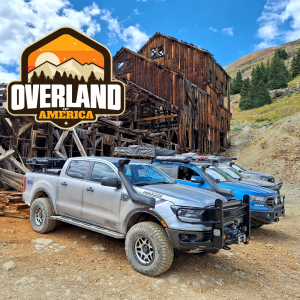- Joined
- Aug 6, 2007
- Messages
- 527
- Age
- 38
- City
- Caledonia, Ontario
- Vehicle Year
- 1990
- Transmission
- Automatic
EFI.... because then you get to tangle yourself up in spaghetti wires trying to figure out what goes where, why, and "how do i make this look stock". This is right before you hang yourself in the basement with the damn bundle of wires!
sorry ... I've been up all night going threw the wire harnesses of 2 5.0Ls and the 4.0L trying to make sence of it all.
sorry ... I've been up all night going threw the wire harnesses of 2 5.0Ls and the 4.0L trying to make sence of it all.















